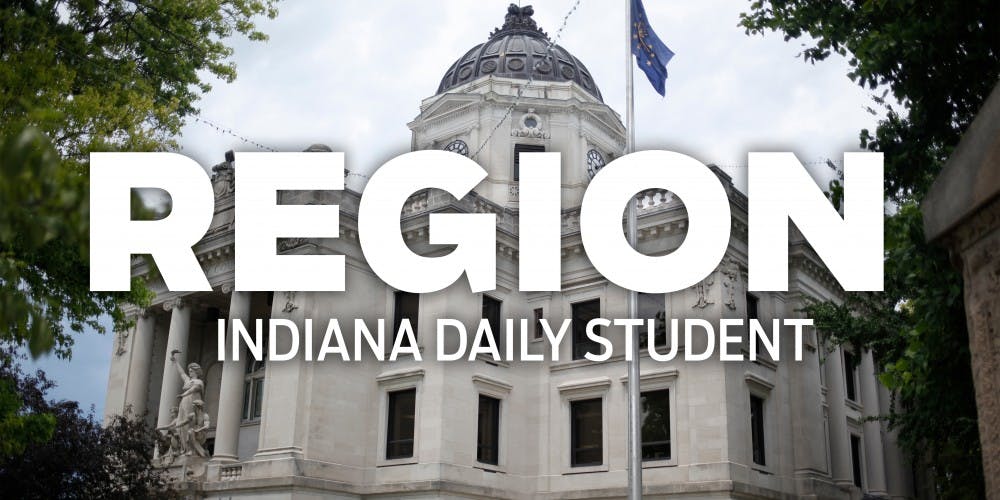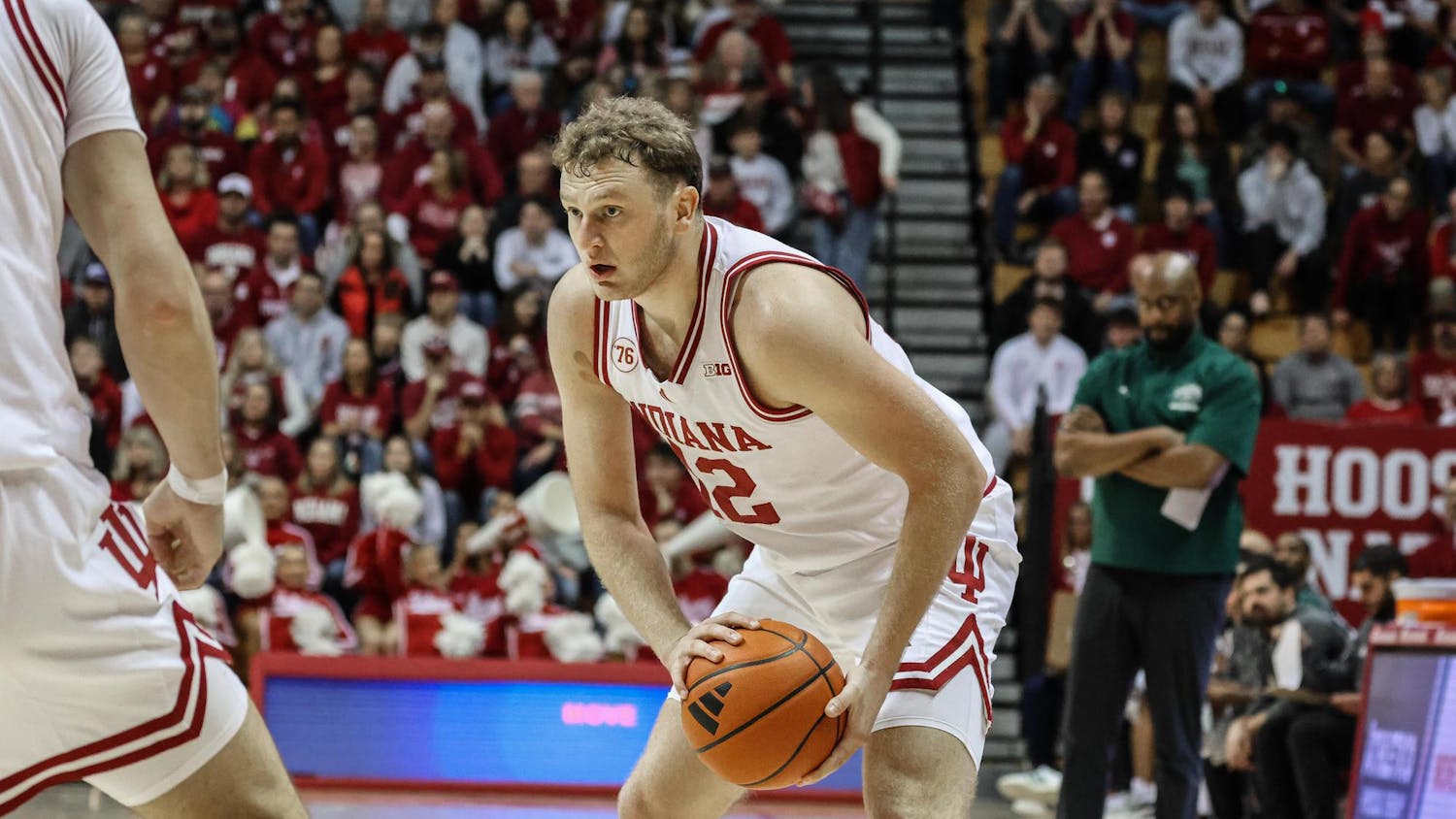On the stage of the Monroe County Public Library auditorium a group of people stood silently in a circle, then stepped forward one by one to name an identity to which he or she felt connected. They spoke of a wide range of races, sexual orientations and religious beliefs.
Showing Up for Racial Justice in Bloomington discussed issues of identity at its meeting Thursday.
“Part of my journey is putting myself in positions where I have to be vulnerable because I often do not have to be,” said Beth Applegate, co-chair of SURJ in Bloomington.
SURJ is a national network of groups working to organize white people to address issues of racial justice and racial inequity.
Applegate said the organization is meant to educate and call people to action on issues of racial justice.
“We are an organization that works with white people to teach them about what it means to have skin privilege and how to be a good ally to people of color,” Applegate said.
The group plans programs, including film screenings and discussions, related to educating people on racial issues.
Kasi Spyker-Duncan, a master's in public affairs student in the School of Public and Environmental Affairs, said she is starting a book club within the organization to help others understand racism in America. The group chose Angela Davis’ “Freedom is a Constant Struggle” for its first book.
"We are trying to educate each other and be resources for each other," she said.
Applegate said it is helpful to be aware of the effects of social identities in situations like meetings. For example, it is important to notice who is speaking up and who isn’t. She said it is important for people to make sure people feel comfortable to speak, no matter what their identity is.
SURJ co-chair Jennifer Brooks said the discussions and activities in the meeting demonstrated how everyone connects to many different identities, and people with the same identity often experience that identity in different ways.
Brooks said the circle exercise helped expose people’s vulnerabilities in a way that can help them better understand the experiences of minority groups like blacks, Latinos and Muslims.
“As much as we are individuals, we are also individuals who belong to social identity groups,” she said.
In the future, Brooks said she wants the organization to expand and evolve into a more boots-on-the-ground project focused on canvassing and lobbying.
“I think a lot of us are increasingly feeling the need for action,” she said.






